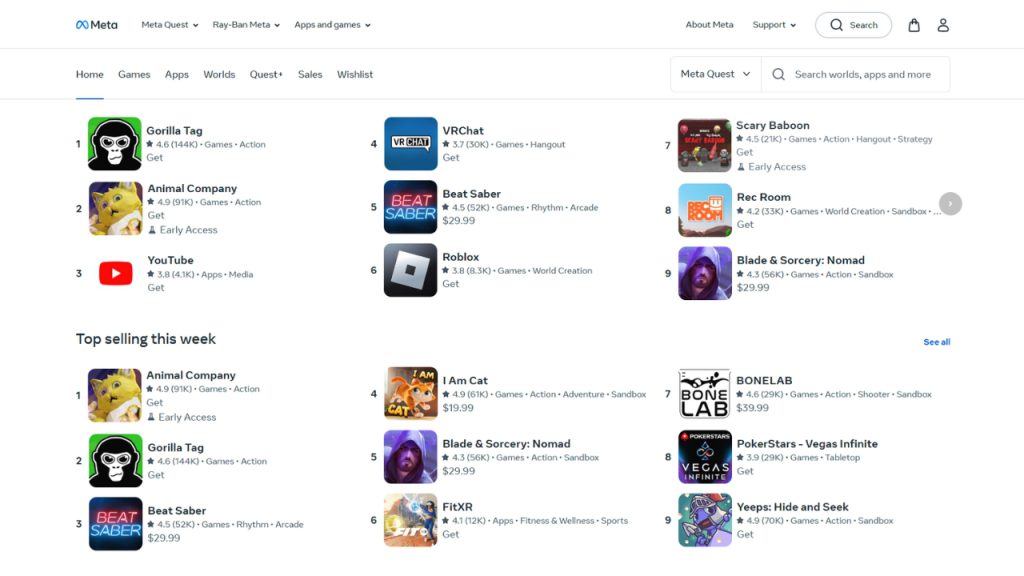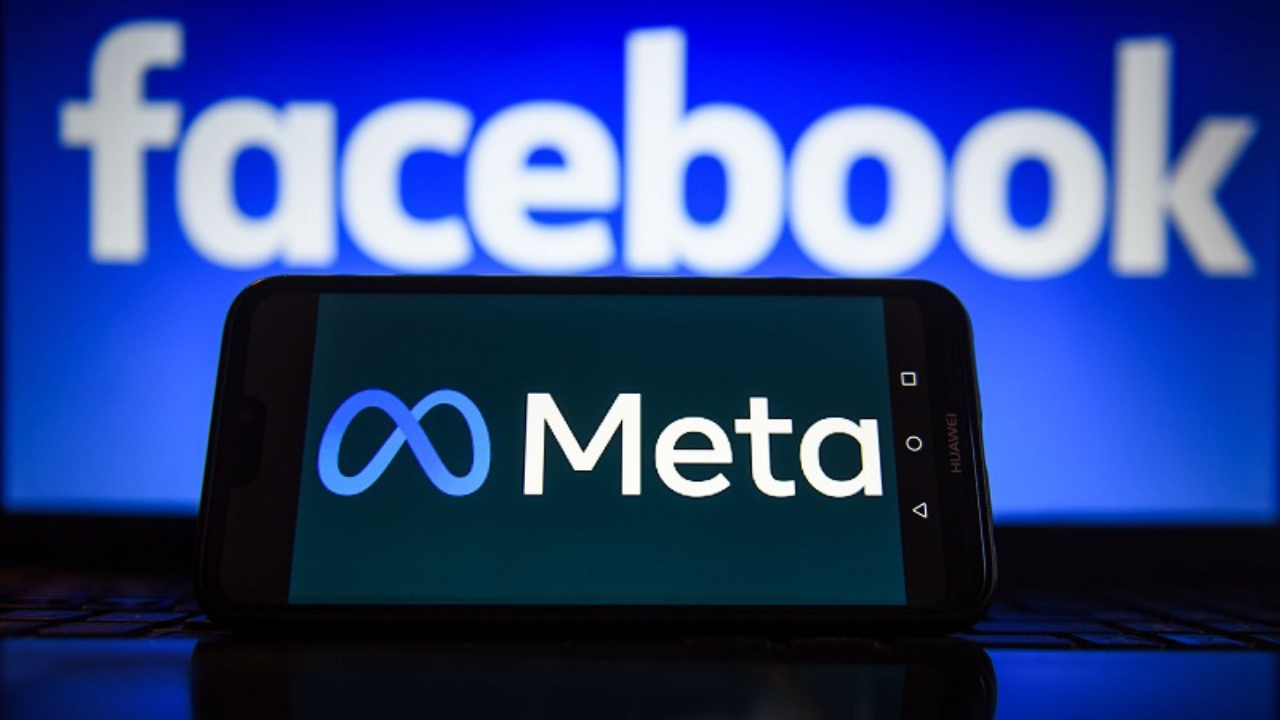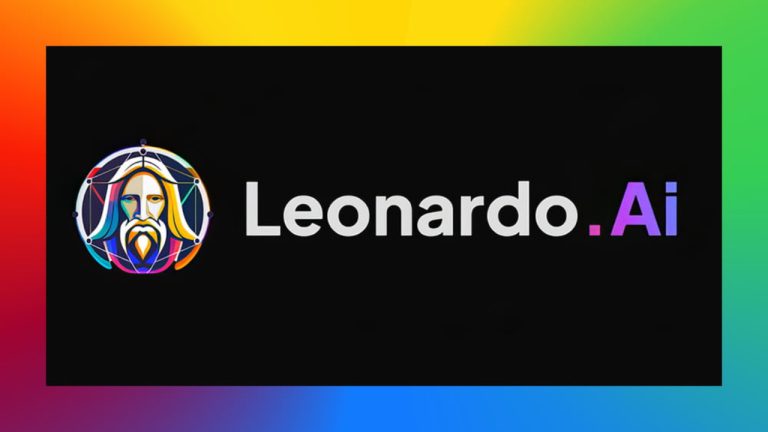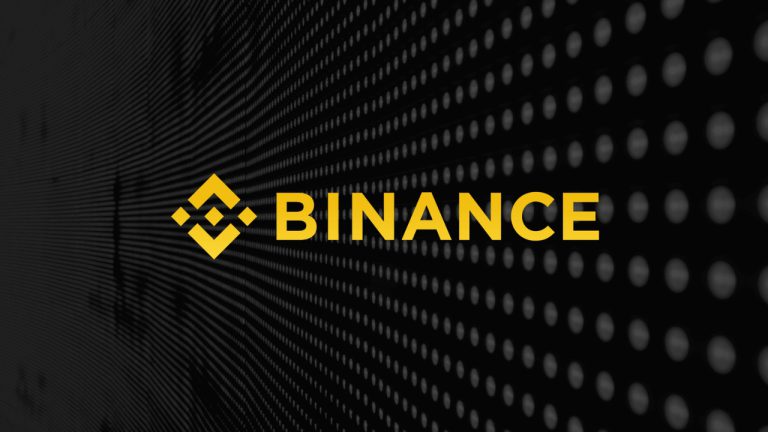In the ever-evolving landscape of technology, Meta Platforms has emerged as a pivotal force, reshaping digital interactions and setting new benchmarks for innovation. Formerly known as Facebook, the company has undergone significant transformations under the leadership of CEO Mark Zuckerberg. This blog delves into Meta’s journey, exploring its strategic shifts, technological advancements, regulatory challenges, and its vision for the future.
A Legacy of Connectivity
Founded in 2004 by Mark Zuckerberg during his Harvard years, Facebook quickly ascended to become the world’s leading social media platform. Its acquisition of Instagram in 2012 and WhatsApp in 2014 expanded its global reach, solidifying its dominance in the digital realm. However, as the digital landscape evolved, so did Meta’s aspirations.
Rebranding to Meta: Embracing the Metaverse
In 2021, Facebook rebranded to Meta, signaling a strategic pivot towards the metaverse—a unified digital space integrating virtual and augmented reality. This bold move aimed to transcend traditional social media, positioning Meta at the forefront of immersive digital experiences. Despite initial skepticism, Meta’s commitment to the metaverse remained unwavering, with substantial investments channeled into developing VR and AR technologies.
AI Advancements: The Rise of Llama Models
Parallel to its metaverse ambitions, Meta has made significant strides in artificial intelligence. The introduction of the Llama series of AI models marked a pivotal moment, establishing Meta as a formidable player in the AI arena. These models, lauded for their power and versatility, have been instrumental in various applications, from natural language processing to image recognition. A notable aspect of Meta’s AI strategy is its open-source approach, fostering collaboration and innovation within the global developer community.
Social media powered by Meta Technology company.





Open-Source Strategy: Democratizing Technology
Meta’s decision to open-source its Llama models exemplifies a commitment to democratizing technology. By providing access to these advanced AI tools, Meta encourages developers worldwide to contribute, innovate, and build upon existing frameworks. This strategy not only accelerates technological progress but also positions Meta as a leader in promoting open-source solutions, challenging competitors who adhere to closed ecosystems.
E-commerce powered by Meta Technology company.


Augmented Reality: Orion AR Glasses
Venturing further into AR, Meta unveiled the Orion AR glasses—a prototype reflecting its vision for the future of computing. These glasses aim to seamlessly blend digital information with the physical world, offering users an immersive experience that aligns with Meta’s metaverse objectives. The development of Orion underscores Meta’s dedication to pioneering wearable technology, despite challenges related to production costs and market adoption.
Reality Labs: Pushing Technological Boundaries
Reality Labs serves as the incubator for Meta’s most ambitious projects, including the metaverse and advanced VR/AR devices. While the division has reported financial losses, the long-term strategic value is evident. Investments in Reality Labs signify Meta’s belief in the transformative potential of immersive technologies, positioning the company to lead in next-generation digital experiences.
Regulatory Challenges and Legal Scrutiny
Meta’s journey has not been without challenges. The company has faced regulatory scrutiny, particularly concerning acquisitions like Instagram and WhatsApp. The Federal Trade Commission (FTC) has alleged that Meta’s acquisitions were strategically aimed at stifling competition, leading to legal battles seeking to unwind these deals. Such challenges highlight the complex intersection of innovation, market dominance, and regulatory oversight in the tech industry.
Market Performance and Investor Relations
Meta’s market performance has mirrored its strategic endeavors. The company’s stock has experienced fluctuations, influenced by factors such as AI investments, regulatory challenges, and market competition. Analysts remain divided, with some expressing concerns over high growth expectations, while others view Meta’s valuation as attractive, considering its leadership in AI and immersive technologies.
Employee Culture and Organizational Dynamics
Internally, Meta has undergone cultural shifts, emphasizing performance and efficiency over traditional perks. This change aligns with broader industry trends, reflecting a heightened focus on productivity and innovation. However, such shifts have elicited mixed reactions, with some employees expressing concerns over increased pressure and expectations.
Vision for the Future: Beyond Social Media
Looking ahead, Mark Zuckerberg envisions Meta as a technology company focused on building fundamental platforms for human connection. This vision extends beyond social media, encompassing AI, AR, and immersive digital experiences. The goal is to create technologies that not only connect people but also enhance daily life through seamless integration of digital and physical worlds.
Meta Platforms stands at a crossroads, balancing its rich legacy with an ambitious vision for the future. Through AI advancements, open-source initiatives, and immersive technologies, the company seeks to redefine digital experiences. However, challenges persist, from regulatory hurdles to market competition. As Meta continues to innovate and adapt, its journey offers valuable insights into the dynamic interplay of technology, business strategy, and societal impact in the digital age.
Recent Developments
- AI Milestone: Meta’s Llama AI models have surpassed 1 billion downloads, underscoring the company’s influence in the AI domain.
- Regulatory Scrutiny: The FTC is set to question Mark Zuckerberg in an antitrust trial, aiming to reverse Meta’s acquisition of Instagram, highlighting ongoing concerns over market competition.
- Employee Culture Shift: The tech industry, including Meta, is experiencing a cultural shift towards higher performance and efficiency, moving away from a focus on perks and work-life balance.
- AI Hardware Investments: Nvidia’s CEO revealed that major cloud service providers’ orders for Blackwell GPUs exclude Meta, indicating the company’s significant investment in AI infrastructure.
- Whistleblower Exposé: A former senior Meta employee published a book alleging internal practices mirroring CEO Mark Zuckerberg’s personality and obsessions, offering a critical perspective on the company’s culture.
Final Thoughts
Meta Platforms exemplifies the complexities and opportunities inherent in the tech industry. Its journey from a social media giant to a multifaceted technology company reflects both the rapid evolution of digital landscapes and the challenges of maintaining ethical and innovative leadership. As Meta continues to navigate these waters, its story serves as a testament to the transformative power of technology and the intricate dynamics of corporate evolution.






Leave a Comment